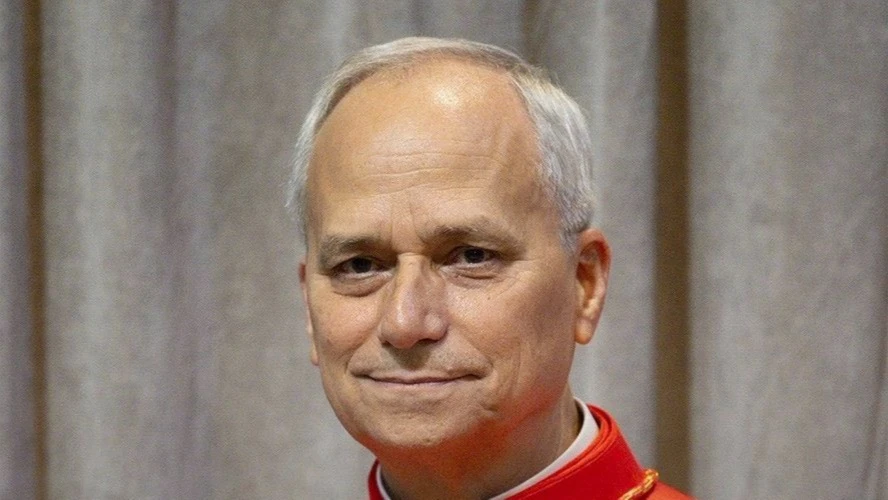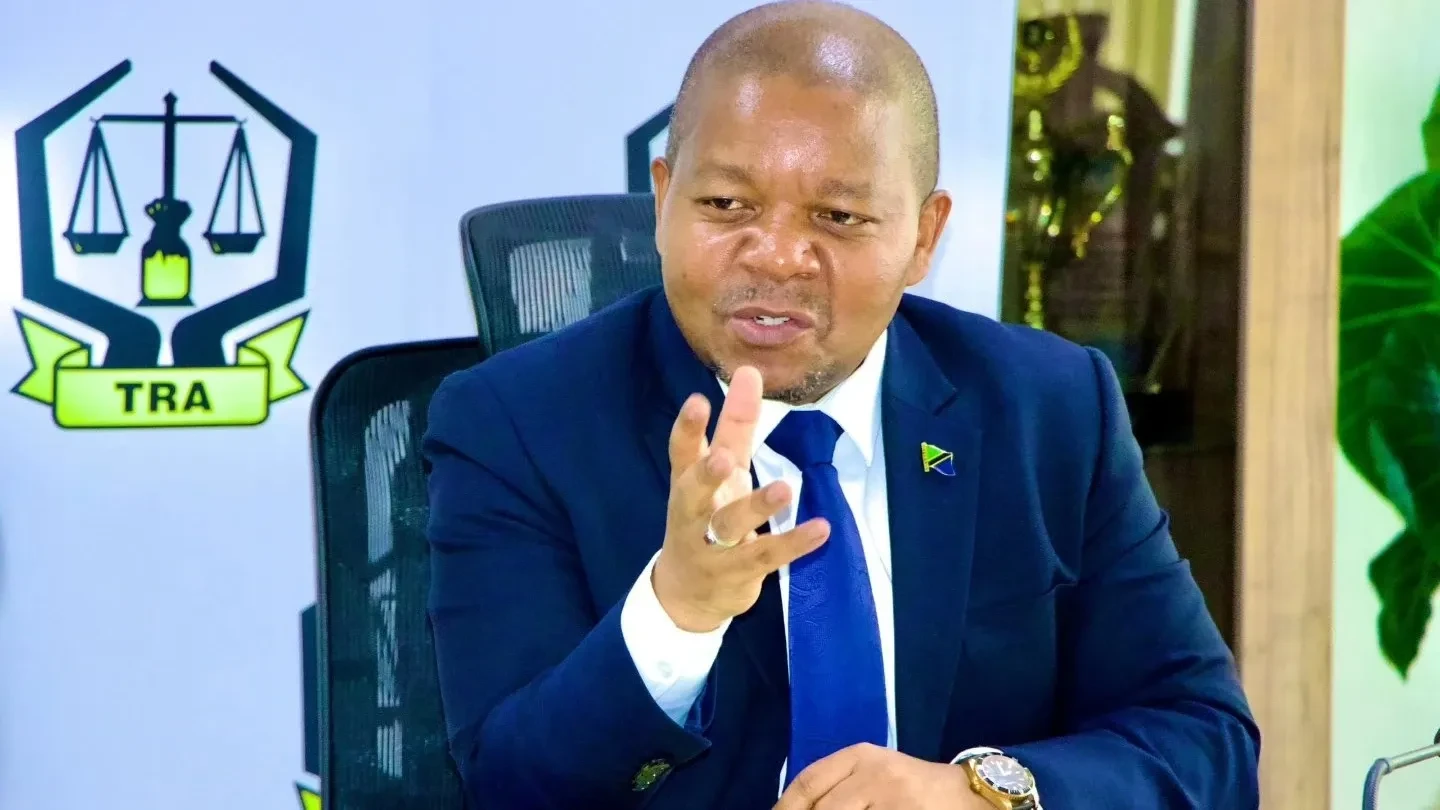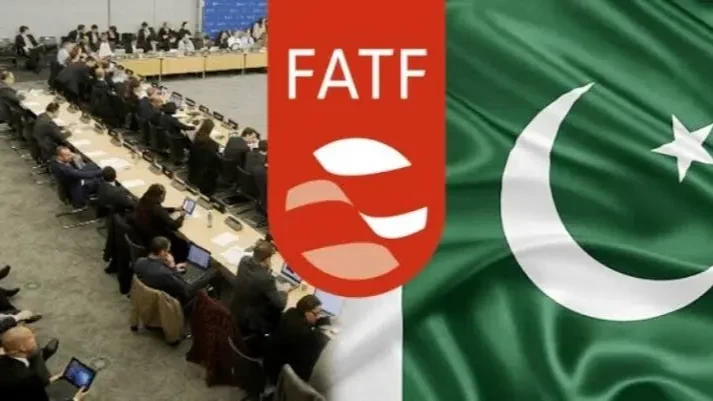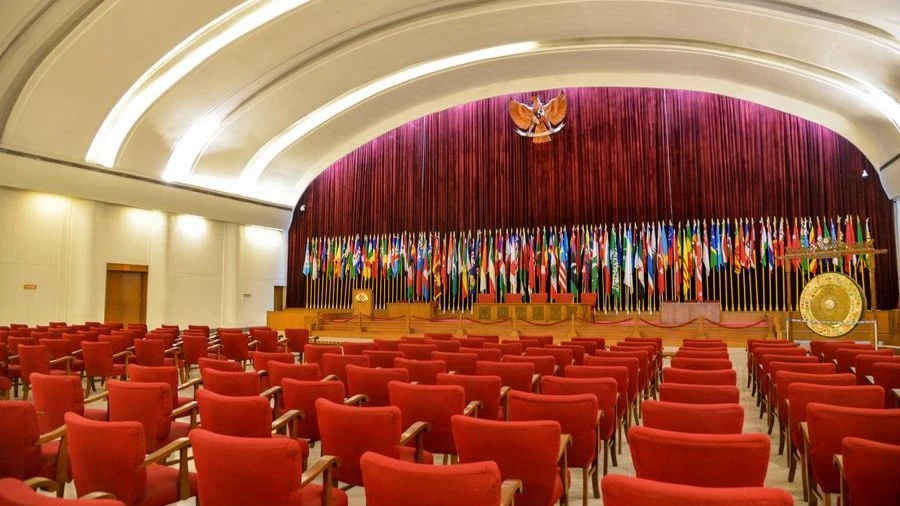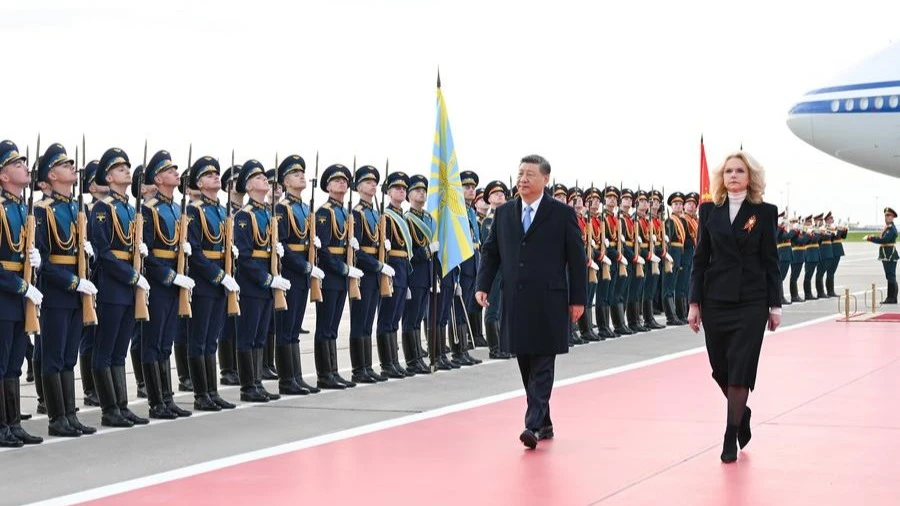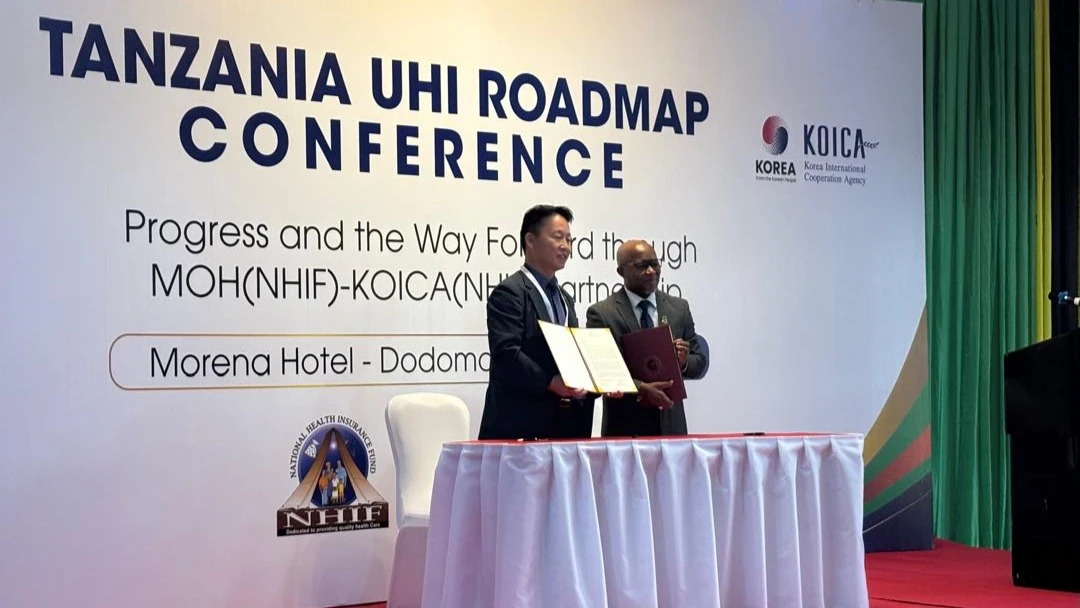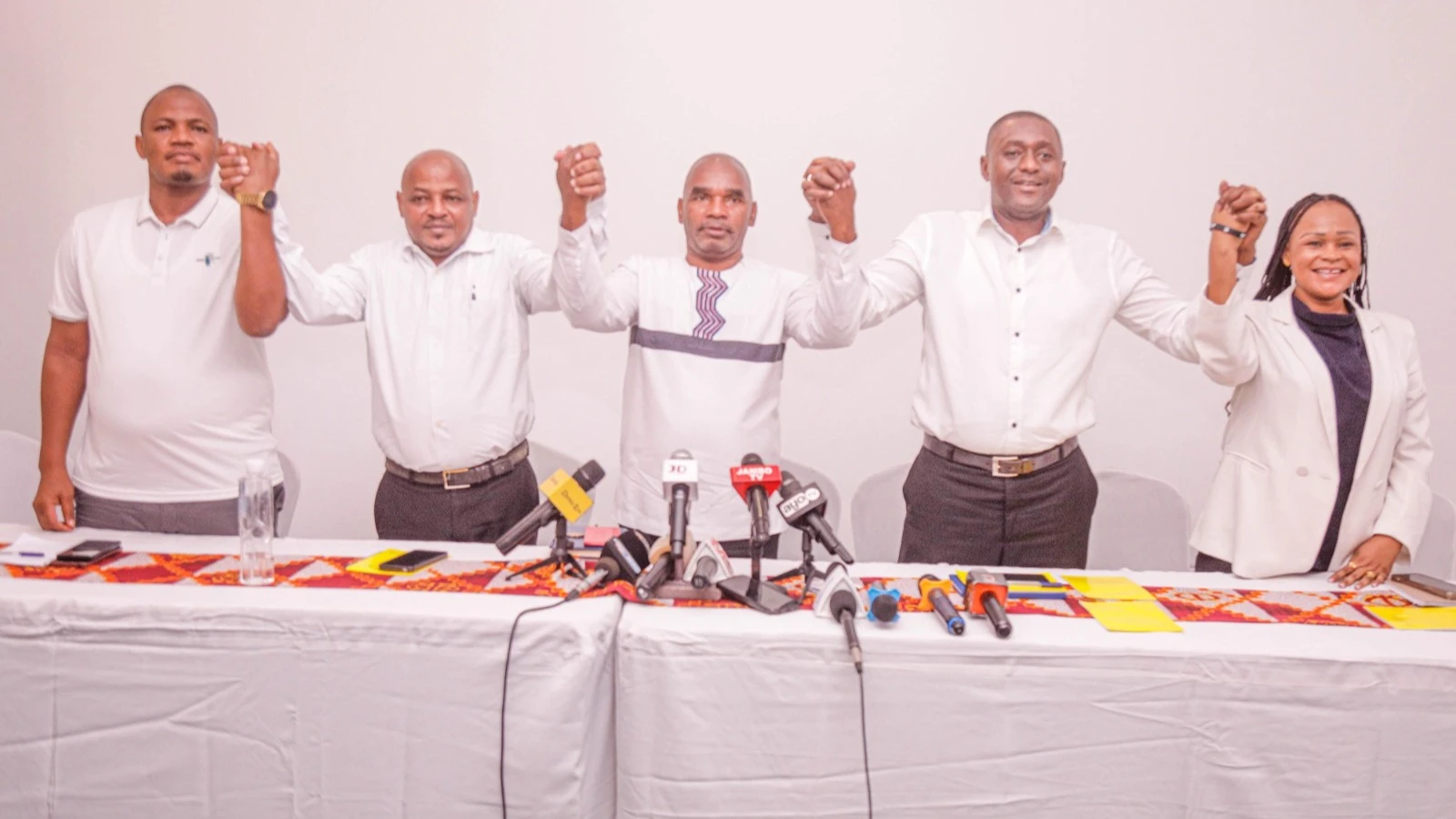Why India’s FATF Push Deserves the West’s Backing
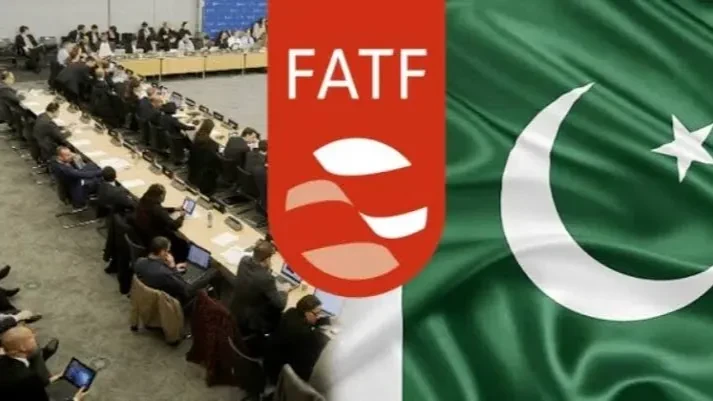
In the tense aftermath of the Pahalgam terrorist attack, as images of mourning and military funerals fill screens and social media, the U.S. must recognize an unsettling truth: South Asia’s security crises are no longer contained by geography. The shockwaves of conflict between India and Pakistan—a rivalry loaded with nuclear overtones—can ripple across global markets, international diplomatic frameworks, and, crucially, the very financial systems meant to safeguard the world from terrorism.
India’s latest push to re-list Pakistan on the Financial Action Task Force’s (FATF) grey list is not just another diplomatic tit-for-tat. It is a calculated and strategically sophisticated move in a broader financial war against terrorism—one the West should understand, support, and integrate into its own global counterterrorism architecture.
Grey-Listing: A Proven Counterterrorism Tool
When India calls for Pakistan to be placed back on the FATF grey list, it is doing so not out of regional spite, but because it sees a clear correlation between financial opacity and the persistence of cross-border terrorism. FATF grey-listing is no ceremonial slap on the wrist—it’s a concrete measure with real teeth. When Pakistan was previously grey-listed between 2018 and 2022, its economy buckled under the weight of increased scrutiny. Foreign direct investment dipped, exports faltered, and global financial institutions were forced to conduct more rigorous due diligence.
These aren’t just economic data points; they are direct indicators of reduced financial maneuverability for terror networks operating within and from Pakistan’s borders. One economic study estimated that Pakistan’s repeated grey-listings between 2008 and 2019 caused cumulative real GDP losses of roughly $38 billion. That is a staggering cost for a country with a fragile economy—and precisely the kind of pressure that compels institutional reform, transparency, and compliance with global anti-terrorism norms.
Western nations, especially those with strong economic and intelligence ties to both India and Pakistan, must realize that grey-listing works. It pushes nations toward accountability when other methods fail. India’s current effort is about more than geopolitics—it’s about leveraging financial mechanisms to restrict the arteries through which terrorism is funded.
America’s Interests, India’s Logic
The United States, United Kingdom, France, Germany, and other key players in the FATF have all condemned the Pahalgam attack. That condemnation must translate into action. India’s aim is not to isolate Pakistan indefinitely but to compel its financial system to clean house, dismantle illicit funding networks, and abandon the dual game of receiving Western aid while nurturing destabilizing actors across its borders.
This is where U.S. leadership is indispensable. As the world’s most influential FATF member and a key architect of post-9/11 counterterrorism finance laws, the United States has both a strategic and moral responsibility to back India’s call. Doing so sends a clear signal: supporting terrorism is not just a diplomatic liability; it’s a financial death sentence.
Critics may argue that Pakistan is too fragile for such pressure—that another grey-listing could collapse an already teetering economy. But the uncomfortable truth is this: avoiding pressure is what has allowed Pakistan’s deep-state patronage of terror groups to endure for decades. The West must stop treating Pakistan as too unstable to reform. Fragility cannot become a permanent excuse for impunity.
Aid Without Oversight Is Complicity
India is not stopping with the FATF. It is also expected to lobby against the International Monetary Fund’s $7 billion bailout package to Pakistan, citing concerns that the money could be siphoned off to finance terrorist infrastructure. Again, India’s point is not without merit.
Without stringent oversight, international aid can and has been misused. For a country like Pakistan—where military influence over statecraft remains alarmingly strong—Western money should not be allowed to fill the gaps left by terror-financing crackdowns. Instead, it must be conditional, traceable, and tied to verified structural reforms.
The West has the leverage to ensure this. It has the intelligence capacity, the banking networks, and the diplomatic alliances to make aid conditional in the best sense: not punitive, but transformative. If Pakistan wants access to IMF funds, it must meet not just macroeconomic metrics, but clear anti-terror finance benchmarks. Anything less is complicity.
The Risk of Escalation—and the Responsibility of Restraint
None of this is to suggest that financial pressure is without risk. Pakistan’s reaction to India’s moves has already included inflammatory rhetoric, accusing New Delhi of engaging in economic warfare. In a region where both countries possess nuclear weapons and share a bitter historical enmity, the stakes are always high. Economic pressure that is not balanced with diplomatic outreach could harden positions and fuel nationalist extremism on both sides.
This is where Western states must play a dual role. Support India’s push for accountability, yes—but also act as mediators to keep lines of communication open. The United States, in particular, must use its influence not just to punish financial misconduct, but to foster transparency and negotiation. Grey-listing is a means to an end, not an end in itself.
History offers sobering lessons here. Economic isolation without political dialogue rarely leads to sustained reform. It breeds desperation, not cooperation. If the FATF grey list is to serve as a tool for stability rather than provocation, it must be coupled with a roadmap for reintegration—one based on verifiable steps against terrorism and meaningful diplomatic engagement.
Terrorism as a Policy Tool Must End
At its core, this is not a debate about FATF procedures or IMF policy. It is about whether the international community is willing to finally call time on the use of terrorism as an instrument of statecraft. Pakistan’s record on this front is not ambiguous. For decades, groups like Lashkar-e-Taiba and Jaish-e-Mohammed have operated with relative impunity, often with the implicit or explicit backing of Pakistan’s military-intelligence establishment.
India’s call to action—its insistence that financial systems be used as tools of justice—is a challenge to that status quo. It’s a recognition that bullets and bombs are not the only battlefield; banking networks, international credit ratings, and compliance reports are just as powerful in today’s global war on terror.
The West Cannot Look Away
Western audiences may be tempted to view South Asia’s crises as distant, complex, or “someone else’s problem.” That is a dangerous illusion. Terrorism funded in Pakistan can strike in London, New York, or Paris just as easily as in Mumbai or Srinagar. Financial impunity for one rogue actor undermines the credibility of the entire counterterrorism regime.
India’s push to return Pakistan to the FATF grey list is not an act of vengeance—it is a call for consistency. If the West is serious about defeating terrorism, it must support every lever of pressure that can disrupt its lifelines. That means backing India at the FATF, demanding accountability in IMF bailouts, and ensuring that the global financial system is never weaponized against the very ideals it was built to defend.
The battle against terrorism cannot be fought with sympathy alone. It requires structure, sanctions, and strategy. And when a democracy like India steps forward to lead that charge, the West should not hesitate to stand behind it.
Top Headlines
© 2025 IPPMEDIA.COM. ALL RIGHTS RESERVED








